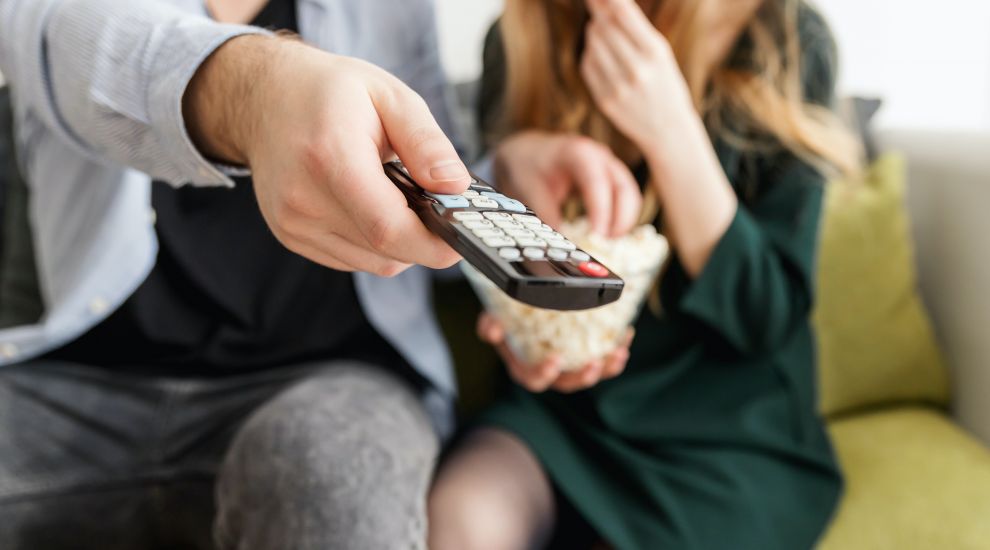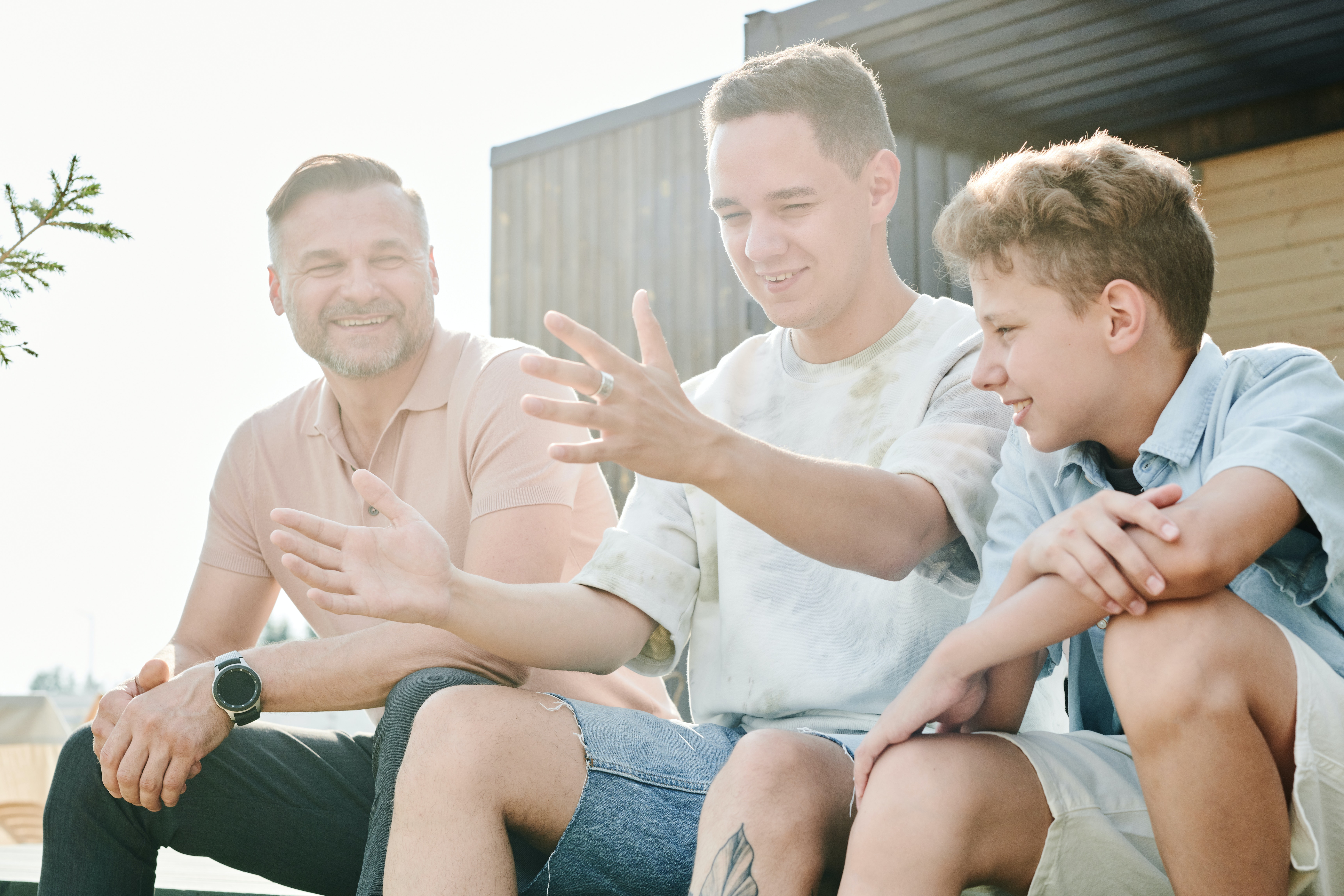


I hate television. I hate it as much as peanuts. But I can't stop eating peanuts. Orson Welles sums up television’s ability to drag us in and hook us into programmes we sometimes might not like admitting we watch, or we watch just because someone else in the room enjoys them (OK, I’ve seen Real Housewives of Jersey, alright?).
Growing up in the 70’s and early 80’s there were three channels to choose from. With just the one TV set in most homes it was inevitable that what the parents watched, the children watched also.
It’s where my mum and I would meet the regulars in Coronation Street’s Rovers Return and then discuss the ingredients that might go into Betty’s famous hotpot; and where I sat transfixed, and just a little afraid, as Carl Davis’s powerful theme announced The World at War on a Sunday evening and would prompt my Dad to offer his weekly unsolicited opinion on why Hitler’s invasion of the Soviet Union was his biggest tactical mistake of the second world war.

Pictured: Traditionally, kids would tend to watch what the parents had on the TV.
Back then many parents and teachers feared too much television would harm children’s development, socialisation and intellect, not to mention threats of square eyes or going blind if we sat too close. Even the BBC were concerned about the TV habits of the young, scheduling programmes like Why don’t you go out and do something less boring instead? In 1970 there was just under 7% of the television network content dedicated to children’s programmes, so children had little viewing choice and invariably watched documentaries and light entertainment.
In 2019 16 to 24 year olds viewed an average of 70 minutes of TV per day. This drops to 64 minutes for the 4 to 15 year old group. Back in 1970 young people were watching an astonishing 6.3 hours of television each day. So it’s wonderful news that young people’s television viewing habits have changed over the decades.
Or is it?

Pictured: Young people today tend to find themselves engrossed in social media platforms for long periods of time.
Katharine Birbalsingh is Boris Johnson’s social mobility tsar, or more precisely, she’s Chair of the Social Mobility Commission and Headmistress of a successful London school, often described as the UK’s ‘strictest’ head teacher. Her school has been described as “outstanding” in all areas by Ofsted inspectors. In 2019, more than half of all GCSE grades were level 7 or above.
‘If only they would watch Coronation Street,’ she is quoted as saying. ‘At least there’s a narrative arc, as opposed to TikTok videos, where it’s 20 seconds of a bald man’s head being tapped.’ Watching television with parents, though, has a different dimension to internet entertainment: ‘You sit down and watch television and talk about the characters and how they’re developing, talking about the ending - that is learning.’
Social mobility, 'levelling up' and Pupil Premiums all essentially aim to promote fairer life chances for young people. But Birbalsingh makes the point that it’s the simple, easy wins that parents could consider as a first step towards embracing the learning culture at home.
"Make the conversation about learning, that's so important because children want to copy their parents, they want to get their respect. If they see you on your phone all the time, they will go on their phone."

Pictured: Having discussions at home helps children grow insight and understand different views and thoughts.
Television has assisted, in no small part, with the education of generations and promoted creative discussion and dialogue in families that a school based curriculum alone could be envious of. The internet is here to stay, but it’s yet to replace the family focused entertainment that television facilitated at the end of the last century.
The web has certainly developed many wonderfully creative learning tools, but like Orson Welles, my family and I can't stop eating peanuts.